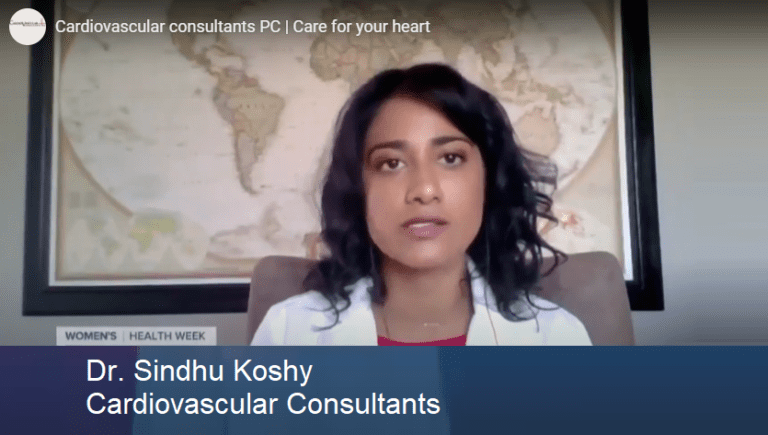Nearly five million people in the United States are living with congestive heart failure (CHF), with roughly 550,000 new cases being diagnosed every year.
Congestive heart failure occurs when your heart is unable to pump enough blood and oxygen to support the other organs in your body. This means that your heart is not beating properly (though it is beating).
If you are experiencing CHF, blood and fluid will be backed up in your body, which makes it more difficult for your kidneys to flush out sodium and water.

Congestive Heart Failure Symptoms
Some symptoms of congestive heart failure include the following:
- shortness of breath or trouble breathing
- swelling of the extremities (feet, ankles, and legs)
- fatigue
- chronic coughing
- diminished appetite
- quickened heart rate
- weight gain
- overactive bladder
Congestive Heart Failure Treatment
There are many different treatment options when it comes to managing congestive heart failure. Treating the underlying causes of CHF is often the first course of action. For instance, if you have high blood pressure or coronary artery disease.
After addressing any underlying causes, your doctor can do an angiogram or cardiac catheterization to observe the inside of your arteries in order to determine whether there is a blockage. If any plaque buildup is discovered, your doctor will likely prescribe medication.
Other Congestive Heart Failure treatment options include:
- angiotensin-converting enzyme (ACE) inhibitors
- angiotensin II receptor blockers (ARBs)
- beta blockers
- diuretics
In more serious cases, a heart transplant or left ventricular assist device (LVAD) could be options worth considering.
In more serious cases, a heart transplant or left ventricular assist device (LVAD) could be options worth considering.
Congestive Heart Failure Prevention
When it comes to preventing congestive heart failure, a healthy lifestyle is the best course of action to take.
Here are three key factors when it comes to developing congestive heart failure:
Smoking tobacco
Quitting smoking can be a huge advantage when it comes to fighting CHF. Inhaling cigarette smoke can potentially cause you to tear the lining of your arteries, which are called the endothelium. The wearing down of your artery lining greatly increases your risk of developing coronary artery disease.
Regular exercise
Regular exercise is an absolute must for those at risk of developing CHF. Physical activity prevents weight gain, which can lead to diabetes and obesity. It also helps to control your blood pressure and cholesterol by keeping your arteries healthy.
Good dietary habits
Excessive sodium consumption can be a huge contributing factor when it comes to your risk of developing CHF. That’s because salt causes your body to retain more water than usual, which can raise blood pressure and put extra stress on your heart. A heart-healthy diet consisting of healthy fats, soluble fiber, and plenty of vitamins will not only make you feel great, but it could save your life as well!
Call 911 if you:
- pass out or faint
- become extremely short of breath or are unable to talk due to being breathless
- have severe chest pain that is not helped by nitroglycerin
- have a rapid, racing heartbeat that doesn’t slow down





